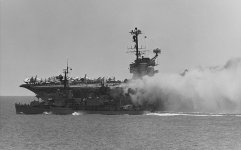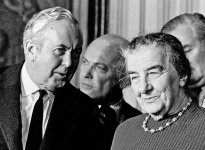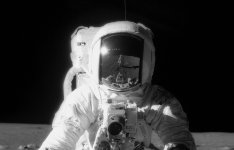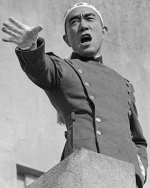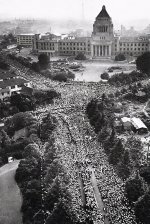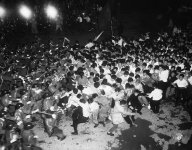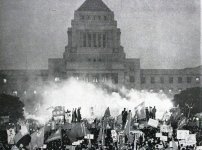So, over the last ~month I've read the Drake's Drum books.
First off, Nick, thanks for writing them. Obviously they were a good read, or I wouldn't have got through 4 of them.
That said, the first two were the best ones, for the simple reason that the whole series is strongest on the war itself, military operations etc; it is weakest on politics, which is an issue in the first book, but becomes more and more prominent as the series goes on and takes up a substantial part of book 4. The authorial thumb on the scales to ensure that the parties of the left failed to prosper all around the world grew gradually more blatant, and the tracts about why the centre-right was the one true path got longer. If I remember right, at one point the US Republicans won the presidency 5 times in a row? And as for what happens to the UK Labour party, the less said the better.
The high point of book 4 was definitely the photographer running around a Japanese protest - excellent sequence. Other sections which were very effective included the radio interview of a veteran, and the invasion of Malta.

